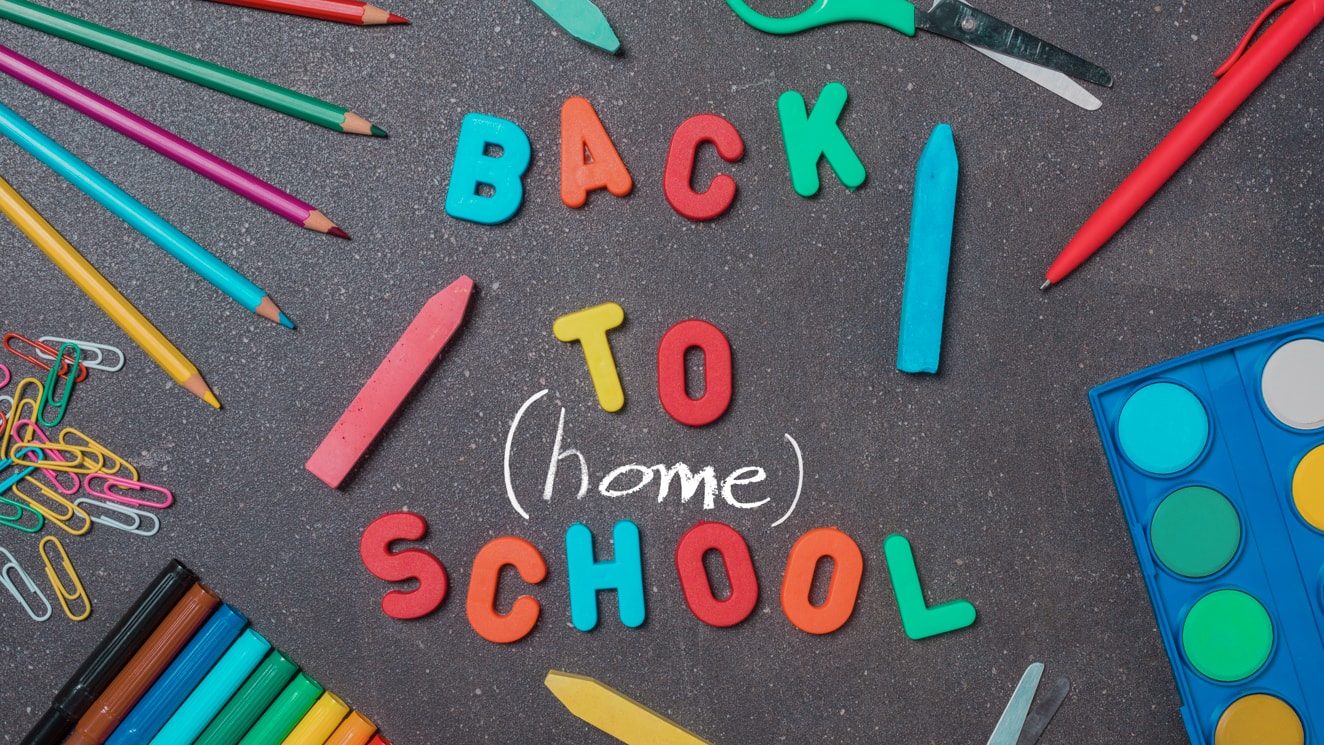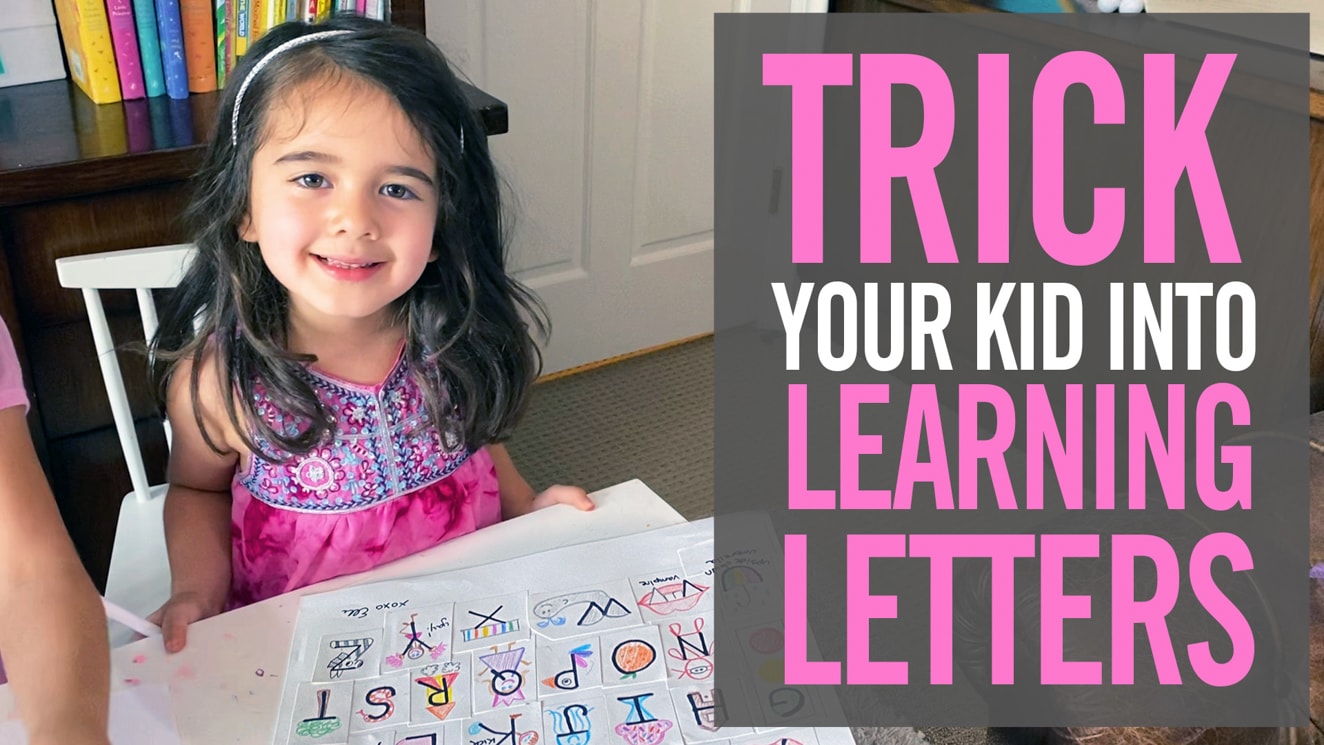

It’s safe to say all of us parents want to raise our kids to be successful readers. As a literacy expert, I frequently hear from parents who want help getting their kid more proficient in the technical aspects of reading: letter and word recognition, comprehension, and fluency. And this is especially so now, with so many students going school at virtually, with parents taking on various aspects of teaching.
But I actually think that our biggest job as parents is to model and support our kids’ engagement and pleasure with stories, words, and literature. This is what deeply fuels their reading development. I’d say that the most important job we have as parents is to give our children bookjoy, a term coined by author and literacy advocate Pat Mora. Children with bookjoy see books as a constant source of delight and possibility, a pathway to a greater sense of the world around and the world within. And here’s the thing: when children associate reading with joy, they are more willing to spend time with books, which in turn, makes them better readers.
Here are my tips for creating bookjoy — and, in turn, raising a lifelong reader.
1. Read aloud to them, even when you think they’re way too old for it.
We know that reading aloud to younger kids is important, but we shouldn’t stop no matter how old they are. Reading aloud is not something you age out of. People of all ages can benefit from being read to.
So let’s say you have a kid who’s already reading on her own. Listening to a book enables her to think and imagine, see pictures in her mind and wonder about what’s happening without being bogged down by the demands of the text. It also provides access to books that might be out of reach because of tricky vocabulary or content. Plus you can talk about the story together. And talking is a big deal because it deepens our thinking and our comprehension.
With older kids in particular, reading chapter books aloud is also a good way to address issues that may be difficult to confront. Use the read-aloud as a container for big feelings they may be having. And yes, audio books count! Nothing can replace the intimacy of you reading to your child, but listening and talking together about a book while you take a drive or make dinner is still a great way to infuse your daily life with enriching experiences around books.
2. Make Your Excitement Contagious.
Sometimes when I’m reading my own book at home I make a declaration out loud about some juicy passage or brilliant moment in my novel in order to model for my kids my love affair with reading. It’s important to me that they see me engaging deeply and joyfully with books, because I know it teaches them to do the same.
When you’re reading with your kids and come across something beautiful, moving, funny or fascinating, express your own feelings about it. Sometimes I pause in the middle of reading with them and say “Wasn’t that such a great part? I love how the author___” Or, “Look at how the illustrator did that, isn’t that gorgeous?”
3. Slow down and notice what they notice.
In this age of distraction, we want to make sure we model the art of slowing down and noticing things more deeply. That starts with us parents getting and staying curious about what our child is into, even if it doesn’t match what we’re thinking about. So with young kids, take note of what they’re pointing to on the page, and follow their lead. If your child asks you about the letters or the words, take a deep dive with them. Together, find all the other words that start with “d” or that end with “t” — or whatever it is that’s floating their boat.
With older kids, you might be tempted to ask them questions about the story in order to make sure they’re getting it. But you don’t need to, plus it’s kind of a buzzkill. The best questions are ones you can ask with any book, anytime. “What do you think about __? Or “What do you notice about this scene? What do you like about it?” Pay attention to what your child is lit up about, have a conversation about it or just listen in to what they have to say. Sometimes kids want to talk and linger and sometimes they want you to keep on reading. Just let the experience be pleasurable for them. After all, what you want is for them to enjoy spending time with you over a book.
4. Busta Rhyme.
This tip is really one for parents of younger kids, but one key marker for learning to read is being able to rhyme. Playing around with sounds is an important building block for reading later on because kids need to hear the sounds (or phonemes) in words. So, play rhyming games with your child! Nothing formal, but when you’re giving a bath, on a walk, in the car or at mealtimes, try: “What happens to cat when we make the first letter a b? what happens to cat when we make the first letter an r?” And so forth. Kids need to get the idea that words are made up of small sounds; this understanding helps them manipulate and combine sounds together once they start reading.
Bottom line: Our own passion and love for reading lays the groundwork for our children’s. If you fill your home with bookjoy, you will raise readers — and in the process you will develop more connected relationships with your kids, too.







